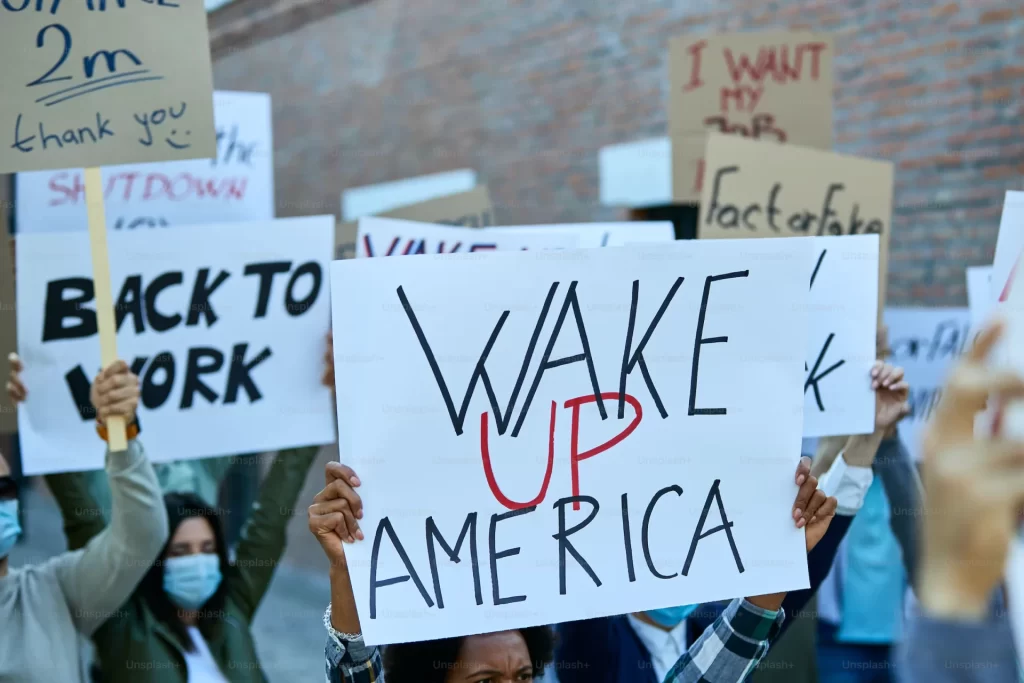In scrutinizing the trajectory of the American democratic experience in recent years, one cannot help but conclude that the essence of the American democratic experiment is faltering. What accounts for the decline of American democracy? To my mind, it emanates from the dereliction of duty by elected officials to uphold their moral commitment to the people they are meant to serve. Once ensconced in their positions, their focus swiftly shifts from their constituents to their political survival, engaging in the time-worn art of political maneuvering.
Consider a few illustrative cases that currently plague America. The issue of immigration policy grips the attention of most citizens. Politicians incessantly expound on the matter, readily pointing fingers at the opposition for their purported failure to arrive at a viable solution. Why, then, does the resolution of this problem elude them? The answer lies in their lack of desire to find a resolution; it is a convenient tool to stoke division among voters and sway them toward supporting their cause. Contentious issues like these persist unabated from one electoral cycle to the next, leaving immigration policy in perpetual disarray.
Another grave concern looms in the form of the burgeoning National Debt. This issue remains a contentious topic for politicians and a source of distress for the electorate. The National Debt, once at a modest 35% of GDP in 2007, has now ballooned to a staggering 98% of GDP, marking a disturbing 63% surge. The soaring debt, now exceeding $33 trillion, translates to a daily interest of $1.8 billion. While policymakers vociferously debate over solutions such as a balanced budget, higher taxes, or reduced spending, they seldom enact meaningful measures to rectify the flaws entrenched in existing policies. Why the inertia? These proposed solutions serve to polarize the public, enabling politicians to masquerade as problem-solvers while their true intent lies in securing their re-election.
The recent reinstatement of state authority over the issue of abortion following the overturning of Roe v Wade initially appeared as a potential panacea. However, it swiftly transformed into another opportunity for politicians nationwide to fuel discord among their constituents, leveraging the resulting turmoil for their own political gains at both state and national levels.
The protracted debate surrounding climate change, ever since its introduction by Al Gore in the wake of his claim to the invention of the internet, has devolved into a bitter and divisive dispute, rupturing relationships and kinships. For politicians, it represents the perfect storm—an issue without a definitive solution, dominating the lives of citizens who fervently seek representation that resonates with their viewpoints.
In most cases, the struggle does not hinge on a binary right or wrong. What might be deemed correct for one person may not necessarily hold true for another. Each individual has the liberty to uphold their viewpoint and express it freely. Yet, by tethering ourselves so rigidly to a specific standpoint, we inadvertently invite lobbyists and politicians to exploit our vulnerabilities, allowing them to retain their grip on power despite their dearth of tangible accomplishments deserving of re-election.
